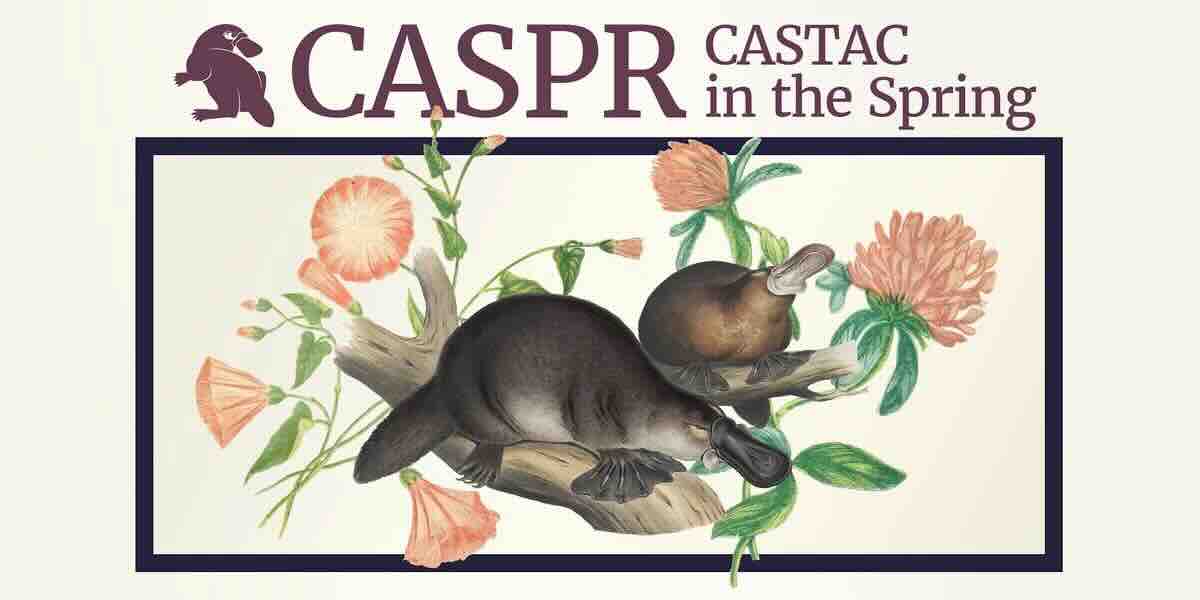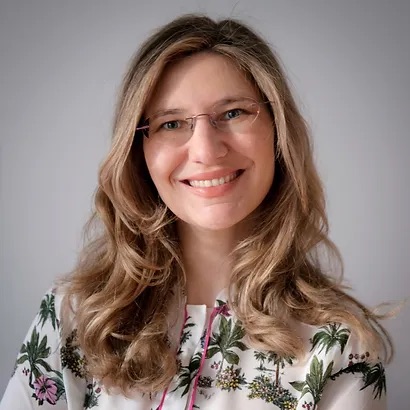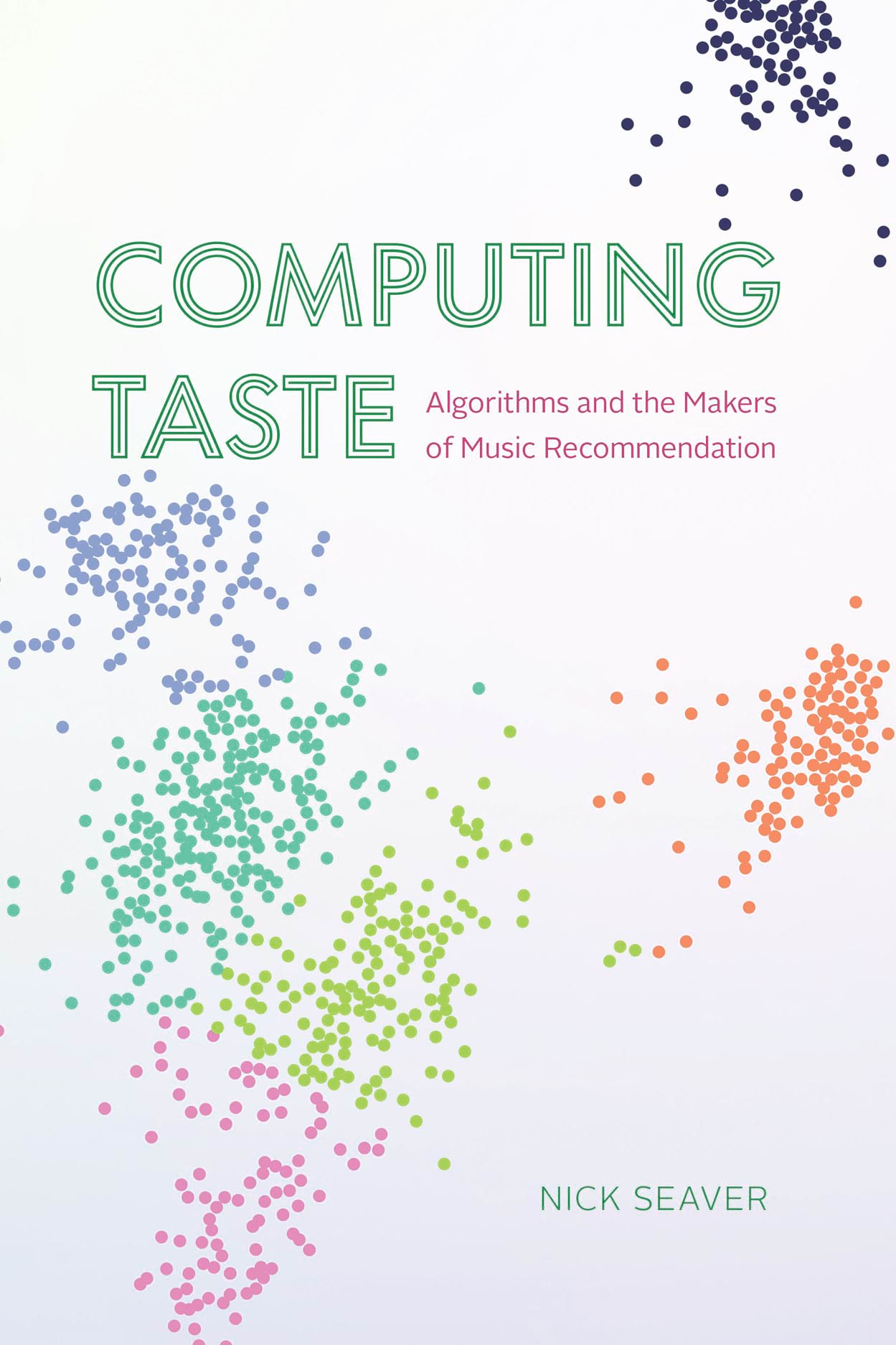
Data Centers, Transnational Collaborations, and the Differing Meanings of Connection
Data centers are in the news. You have probably read or heard about them. It’s as if with the snap of a finger the news cycle has changed, and the latest trend is to focus on the need to develop infrastructure to power data centers, in the US at least, where one of us is writing from. A data center is a facility where data is processed or stored, or where computer power is redistributed, where “the cloud touches the ground” (Johnson 2023: 6-7). By focusing on the history of the data centers we research, our goal in this piece is to demonstrate how they are built on top of existing infrastructures, and do not exist in thin air. (read more...)







